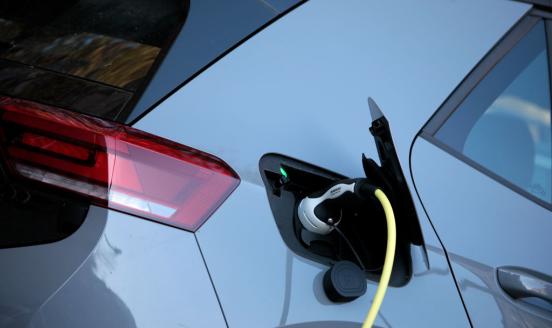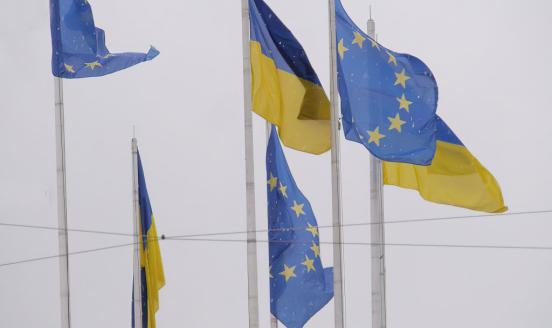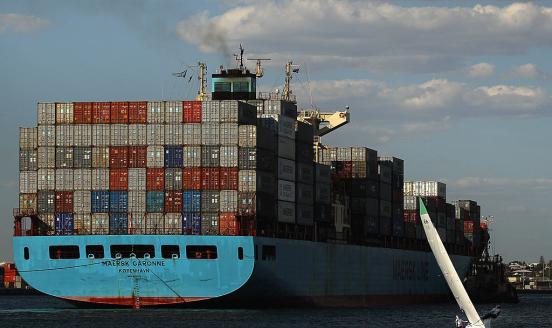Questions to Phil Hogan, Commissioner-designate for Trade
At the presentation of her team for the next European Commission, President-elect Ursula von der Leyen declared that hers will be a ‘geopolitical Comm

As well as its traditional role of helping growth and jobs in Europe, trade is now also to be viewed as “a strategic asset for Europe [that] allows us to build partnerships, protect our market from unfair practices and ensure our values and our standards are respected.”
The mission letter outlines five key priorities for EU trade policy:
- Guaranteeing a level playing field for all
- Strengthening Europe’s global leadership
- Fostering sustainable development and climate action
- Making trade policy more transparent
- Be forward looking
I welcome these five priorities, which are broadly in line with the recommendations in our Bruegel memo to the new commissioner for trade and suggest that Members of the European Parliament's Committee on International Trade (INTA) ask Mr Hogan the following questions:
- Guaranteeing a level playing field
The mission letter states that a top priority for EU trade policy will be to lead the reform of the World Trade Organization (WTO) and that Mr Hogan “should aim to launch a broad initiative by the end of 2020”. This is all well and good, but the dispute settlement mechanism of the WTO may already cease to function at the end of 2019, barely a few weeks after of the von der Leyen Commission takes office. What initiative does Mr Hogan intend to take in 2019 to avoid the demise of the multilateral dispute settlement mechanism? Does Mr Hogan intend to build and lead a coalition of ‘the friends of the WTO’ to reform and strengthen the WTO, which initially may exclude China and the United States?
The mission letter also states that the College will appoint a Chief Trade Enforcement Officer “to monitor and improve the compliance of [EU] trade agreements.” This is a welcome innovation, but MEPs should point to the fact that many of the commitments contained in EU trade agreements concern issues that go beyond the scope of the WTO Agreement and are couched in rather vague language that makes them difficult to enforce. What does Mr Hogan intend to do about this?
- Strengthening Europe’s global leadership
The mission letter lists a number of bilateral and regional partners with whom Europe will pursue new trade and/or investment partnerships. These include the United States, China, Africa, Australia and New Zealand. But it is silent about other partners with whom the EU has already launched trade negotiations which have so far been unsuccessful. Two important examples are India and Indonesia. What is the position of Mr Hogan concerning the future relationship with these two Asian giants? Is he in favour of relaunching the negotiations towards a free trade agreement?
- Fostering sustainable development and climate action
In her mission letter, Mrs von der Leyen states that she would like Mr Hogan “to contribute to the design and introduction of the Carbon Border Tax…[and that it] should be fully compliant with WTO rules.” As we discussed in a recent Bruegel blog post, there are many pros and cons of such a tax. But ultimately, its introduction will be a political decision. How desirable is a WTO compliant border carbon tax?
- Making trade policy more transparent
One of the issues which is not addressed in the mission letter is the ratification of the EU-Mercosur agreement, which has become highly controversial given the position of the Brazilian president on climate issues, especially towards the Amazon rainforest. From a purely legal standpoint, it may very well be that the agreement can be considered as an EU-only agreement. However, some member states have expressed the view that, from a political standpoint, the agreement should be considered as a mixed agreement, which would require ratification by national (and in some countries sub-national) parliaments. What is the position of Mr Hogan with respect to the ratification of the EU-Mercosur agreement? More generally, what is his position concerning the environmental and climate consequences of free trade agreements?
- Be forward looking
Finally, the mission letter invites Mr Hogan to be forward looking in reacting to new “opportunities and challenges [which] will no doubt appear over the course of the next five years.” Key among these opportunities and challenges will the preparation “for an ambitious and strategic partnership with the United Kingdom.” How does Mr Hogan interpret the notion of “an ambitious and strategic partnership” with the UK? Is he ready to consider other forms of partnership than those generally considered in Europe, such as the EU-Canada, the EU-Norway or the EU-Ukraine agreement? If so, what kind of innovations would he be ready to explore to reach “an ambitious and strategic partnership”?



